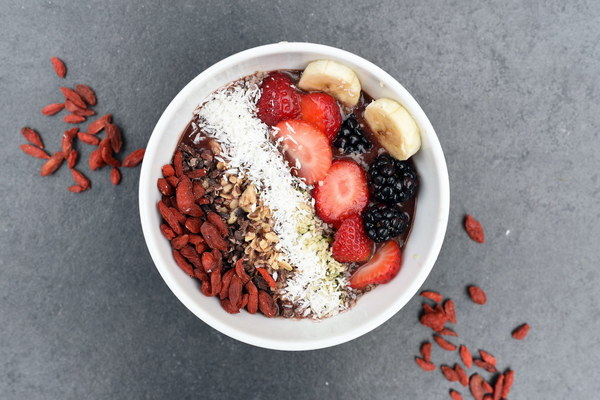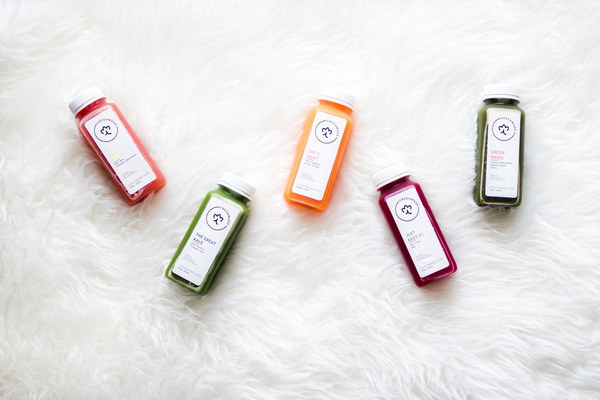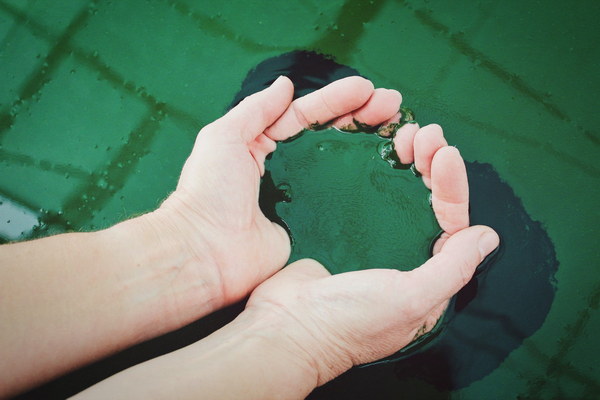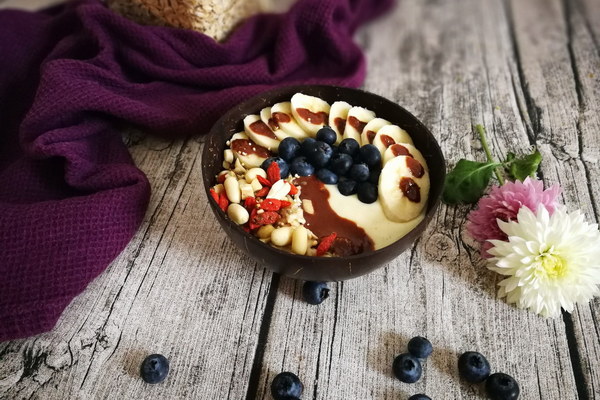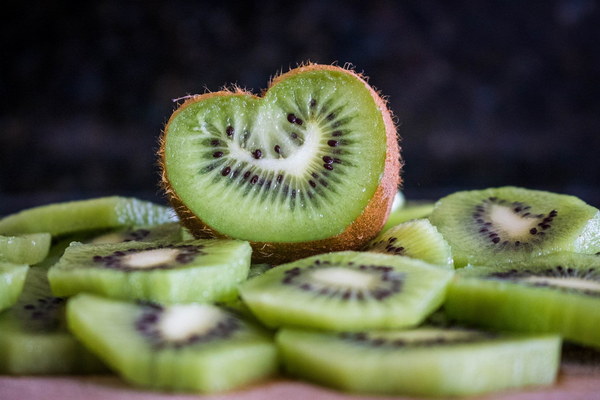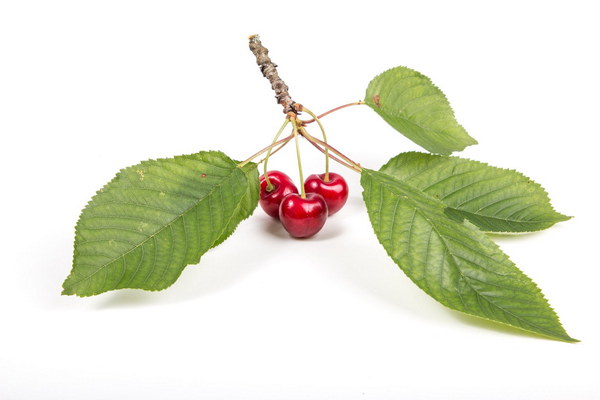Nutritional Guide for Liver Support Foods to Eat for Liver Cirrhosis
Liver cirrhosis is a serious condition characterized by the scarring of liver tissue, which can lead to a variety of health complications. Maintaining a balanced and nutritious diet is crucial for those with liver cirrhosis, as it can help alleviate symptoms, support liver function, and improve overall health. Here’s a comprehensive guide on what to eat to nourish and protect your liver when diagnosed with cirrhosis.
1. Lean Proteins
Protein is essential for the repair and maintenance of liver tissue. Incorporate lean proteins into your diet, such as:
- Skinless poultry
- Fish
- Eggs
- Legumes (lentils, chickpeas, black beans)
- Tofu and tempeh
It is important to consume these proteins in moderation, as overloading the liver with protein can lead to ammonia buildup, which can be harmful to those with cirrhosis.
2. Fruits and Vegetables
Fruits and vegetables are rich in essential vitamins, minerals, and antioxidants that help protect the liver. Aim for a colorful variety to ensure a wide range of nutrients:
- Leafy greens (spinach, kale, Swiss chard)
- Citrus fruits (oranges, grapefruits, lemons)
- Berries (strawberries, blueberries, raspberries)
- Cruciferous vegetables (broccoli, cauliflower, Brussels sprouts)
- Tomatoes
These foods are also high in fiber, which can help with digestion and reduce the risk of constipation, a common issue for individuals with liver cirrhosis.
3. Healthy Fats
Healthy fats are beneficial for liver health and can be found in:
- Olive oil
- Avocado
- Nuts and seeds (almonds, walnuts, chia seeds)
- Fatty fish (salmon, sardines, mackerel)
These fats help to reduce inflammation and support the production of bile, which is essential for digesting fats.
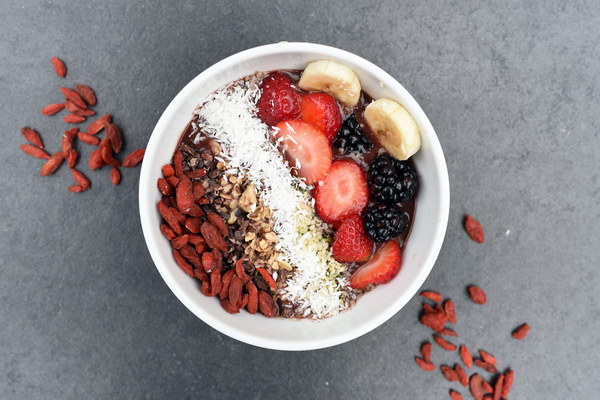
4. Whole Grains
Whole grains provide a good source of energy and fiber. Include the following in your diet:
- Brown rice
- Oats
- Quinoa
- Barley
- Whole grain bread and pasta
It is important to choose whole grains over refined grains, as they contain more nutrients and fiber, which can aid in digestion and blood sugar control.
5. Limited Alcohol and Caffeine
Both alcohol and caffeine can be harmful to the liver. It is best to avoid these substances altogether if you have liver cirrhosis. If you consume caffeine, do so in moderation.
6. Hydration
Staying well-hydrated is vital for liver health. Drink plenty of water throughout the day to support kidney function and aid in the elimination of waste products from the liver.
7. Herbs and Spices
Certain herbs and spices can support liver health and have anti-inflammatory properties. Consider adding these to your meals:
- Turmeric
- Milk thistle
- Dandelion root
- Artichoke
Always consult with a healthcare professional before starting any new supplement regimen.
8. Avoid Certain Foods
There are certain foods that can be harmful or exacerbate liver cirrhosis. It’s best to avoid:
- High-sodium foods, which can lead to fluid retention and swelling
- Processed and fried foods, which are high in unhealthy fats and calories
- High-sugar foods, which can contribute to weight gain and insulin resistance
9. Portion Control
Maintaining a healthy weight is important for managing liver cirrhosis. Monitor portion sizes and try to eat balanced meals to avoid overeating.
In conclusion, a liver-friendly diet for those with cirrhosis involves a balance of lean proteins, fruits and vegetables, healthy fats, whole grains, and limited intake of alcohol and caffeine. It is crucial to work with a healthcare professional or a registered dietitian to tailor a diet plan that meets individual nutritional needs and supports overall liver health. Remember, diet is just one aspect of managing liver cirrhosis; other lifestyle changes and medical treatments are also important for a holistic approach to managing this condition.

